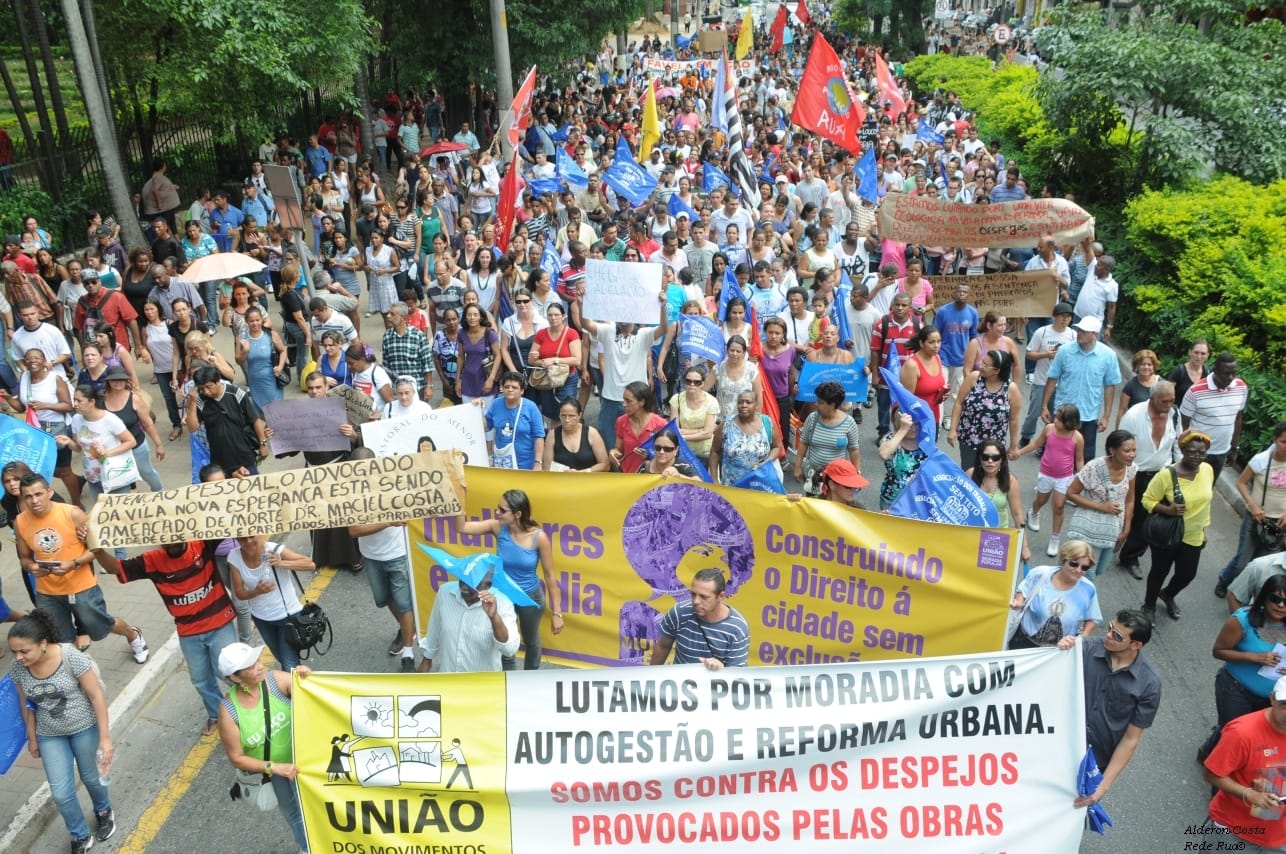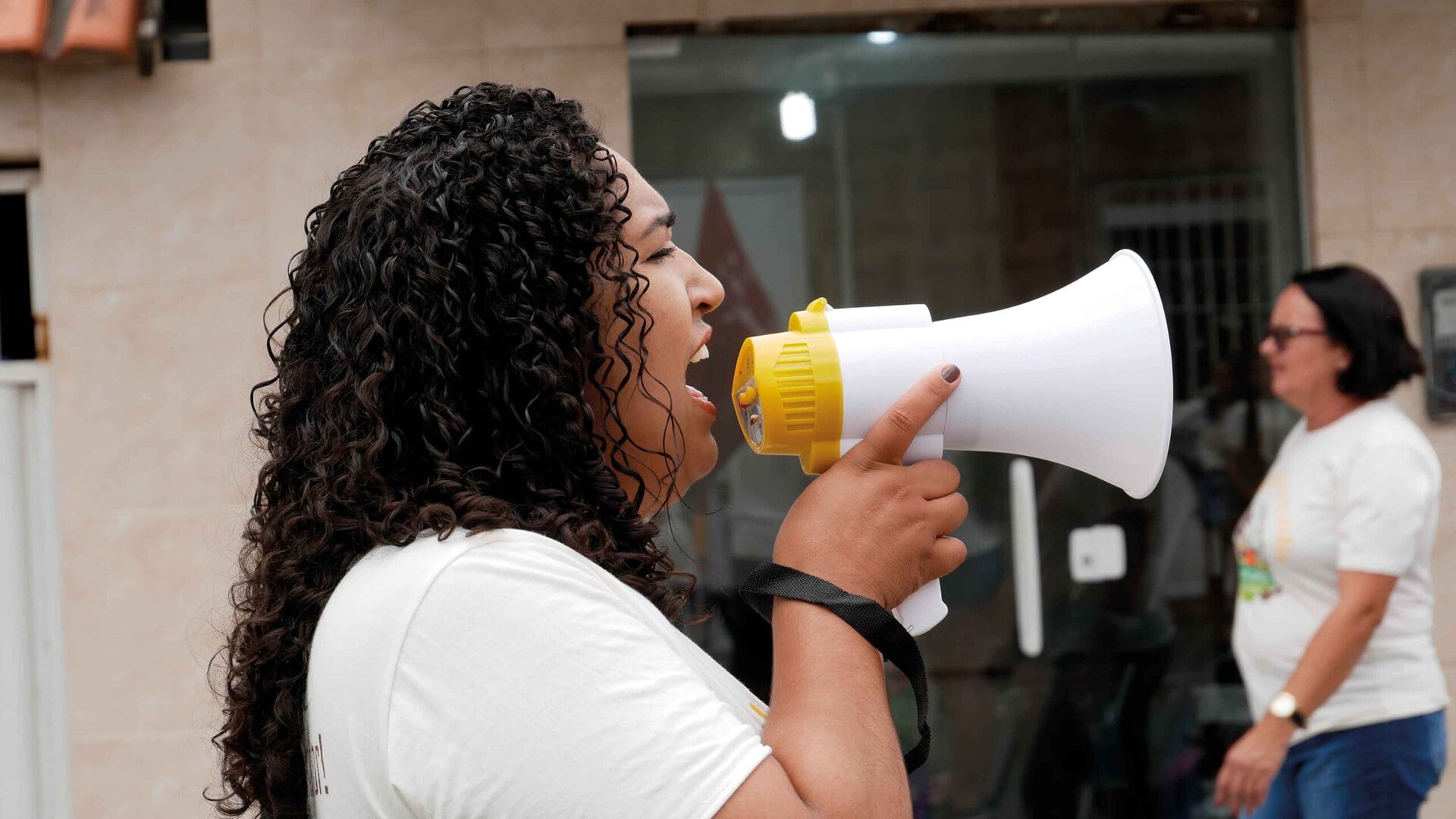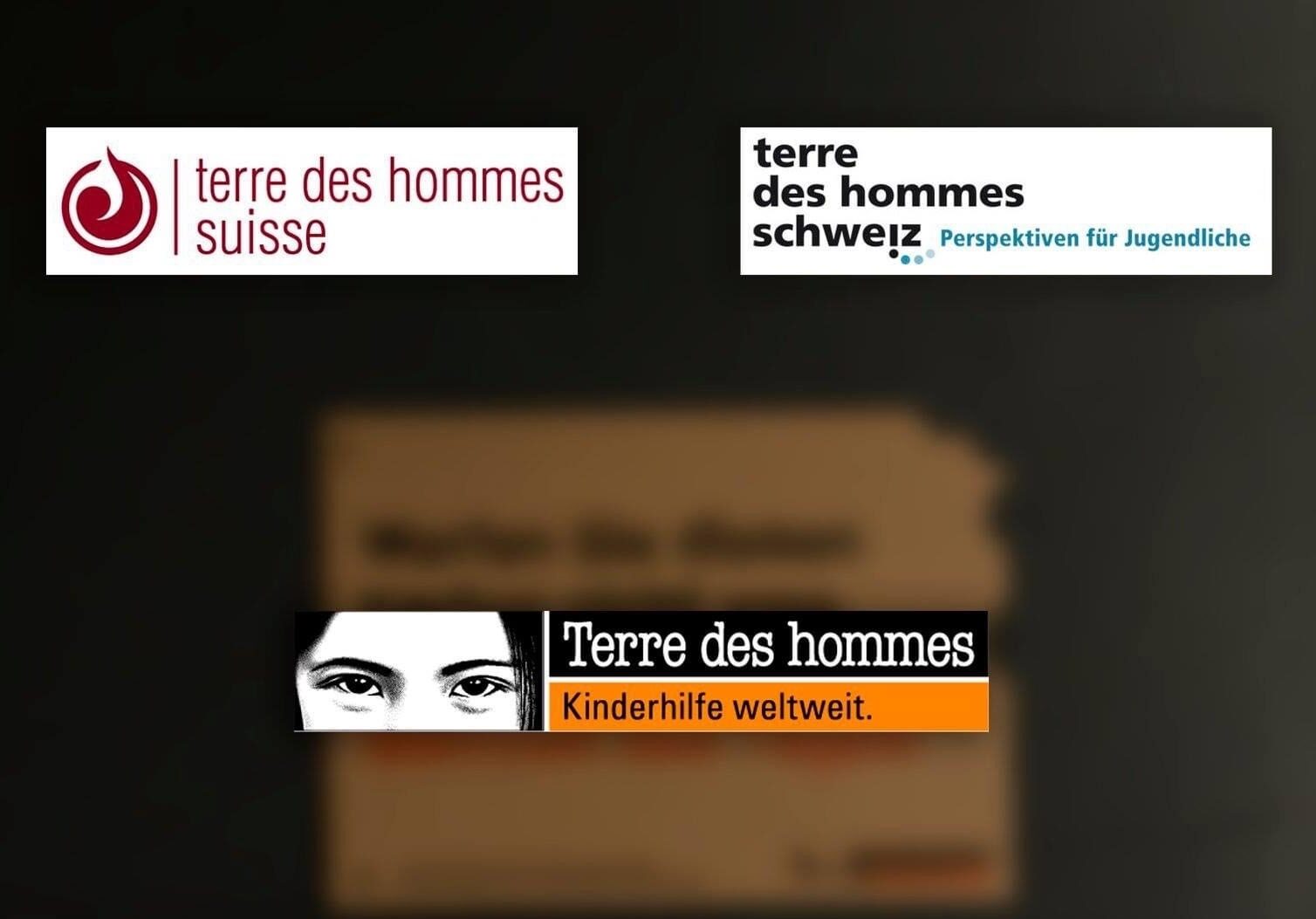A wave of mass protests swept across Brazil in June. Hundreds of thousands of young people vented their anger. Social networks played an important role in spreading the word. The exact role they played will be the subject of a three-day symposium on November 22 in Weimar.
Andrea Zellhuber, Head of Violence Prevention and Campaigns
In June, a wave of mass protests in Brazil caused a worldwide sensation. Hundreds of thousands of young people took to the barricades against corruption and excessive government spending on the 2014 FIFA World Cup. In all major cities, young people protested for improvements in public transport, healthcare and education. The tremendous momentum with which the wave of protests spread throughout the country took not only the government but also the social movements themselves by surprise. A key factor in the rapid spread of the wave of protests was the targeted use of social media. The protests then also began to have an effect: in some cities, bus fare increases were reversed.
New media vs. established media
During the protests, the established media vilified the demonstrators as chaotic and painted a completely distorted picture of the events. Brazil’s media landscape is in the hands of ten large companies. Among young people, however, the big media groups seem to have lost their power as opinion leaders, as young Brazilians today obtain most of their information from the internet.
The importance of social media for participatory processes
What conclusions can be drawn from these events for development cooperation? What potential does the growing importance of social media offer for youth participation processes? How can the targeted promotion of alternative media such as free radios, alternative magazines or blogs contribute to the democratization of the media landscape?
These are the questions that terre des hommes schweiz is addressing at the symposium “Violent Brazil and its media staging”, which we are organizing together with other organizations of the Brazil Round Table, a Brazil platform of development cooperation organizations in German-speaking countries.
When? 22 to 24 November 2013
Where? European Youth Education and Meeting Center EJB Weimar, Jenaer Strasse 2/4, 99425 Weimar
Registration: by 8 November at info@kooperation-brasilien.org
Further information and registration options for the symposium in the PDF



